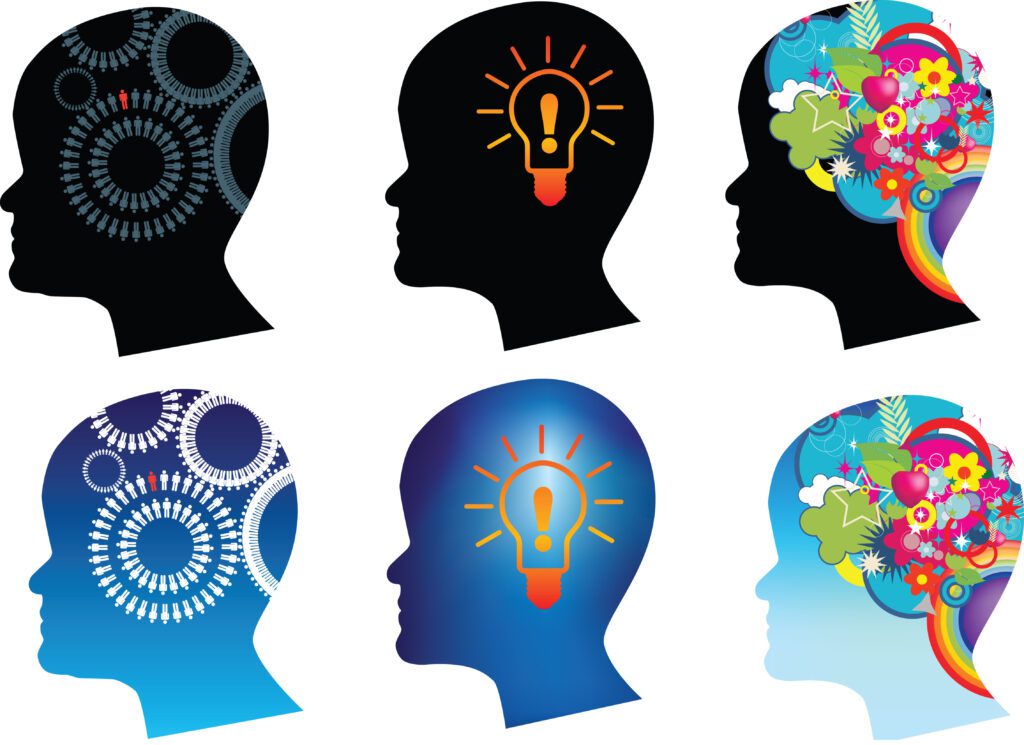Timeless Behavioral Insights Shaping Future AI: Skinner’s Work
B.F. Skinner was a renowned psychologist and behaviorist whose work focused on the principles of behaviorism and operant conditioning. While his specific theories and methods might not directly apply to the field of artificial intelligence (AI), some of the foundational concepts from his work are still relevant in the context of designing and understanding AI systems. (Skinner’s work).

- Behaviorism and Learning Algorithms: Skinner’s behaviorism emphasized the importance of observable behavior and how it can be shaped through reinforcement and punishment. In the realm of AI, machine learning algorithms often learn from data through a process of reinforcement (reward signals) and punishment (error signals). Concepts from Skinner’s work, such as positive reinforcement and shaping behavior through rewards, have parallels in the training of AI algorithms.
- Human-Computer Interaction (HCI): Understanding human behavior and learning patterns is crucial in HCI, a field that intersects with AI. Designers and engineers creating AI-driven interfaces and applications can benefit from Skinner’s insights into user behavior and how positive reinforcement can influence user engagement and interaction with technology.
- Ethics and Responsible AI: Skinner’s work raises ethical questions about behavior control and manipulation. In the context of AI, ethical considerations are paramount. As AI technologies continue to advance, questions about how AI systems influence human behavior, and how they should be designed to align with ethical principles, remain important.
- Behavioral Psychology in AI-driven Applications: AI-powered applications often involve predicting or influencing human behavior, such as recommendation systems, personalized marketing, or social media algorithms. Understanding principles from behavioral psychology, including those derived from Skinner’s work, can provide valuable insights into how these systems affect individuals and society.
While Skinner’s specific experiments and theories might not be directly applied to AI development, the underlying principles of behavioral psychology continue to be relevant. As the field of AI progresses, interdisciplinary knowledge from psychology and other social sciences remains valuable in understanding the complex interaction between humans and intelligent systems.


